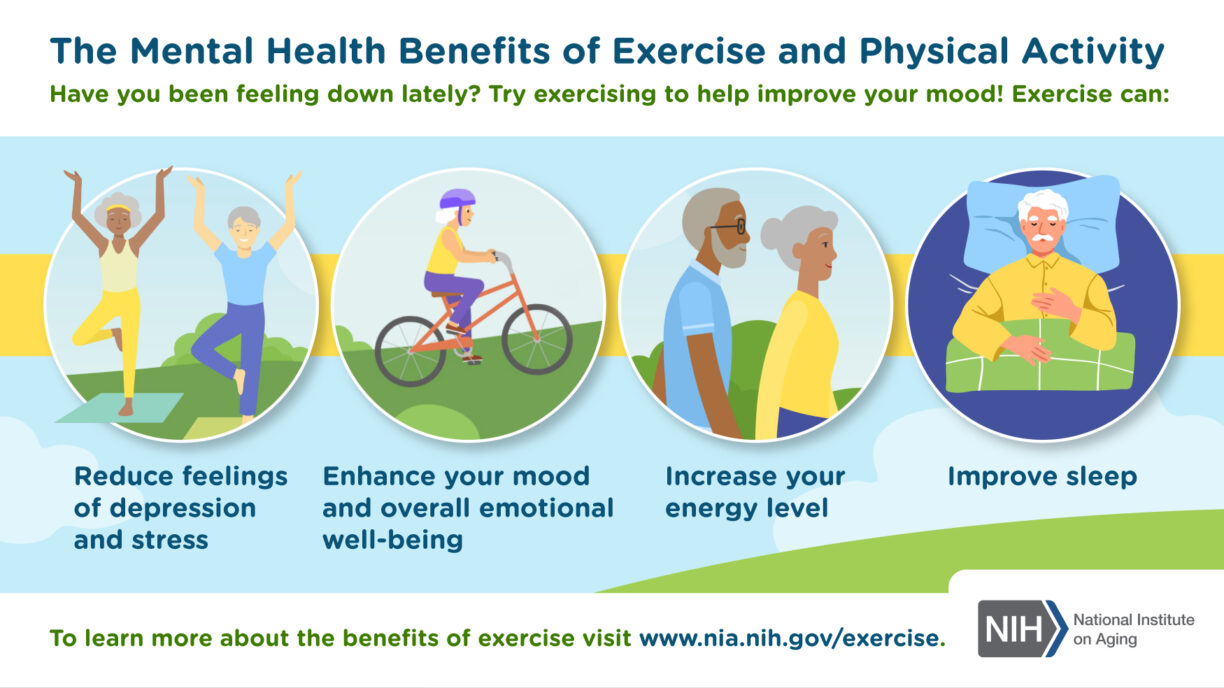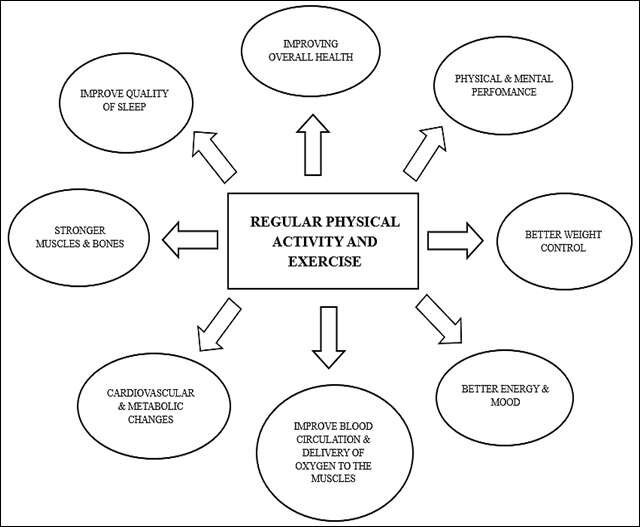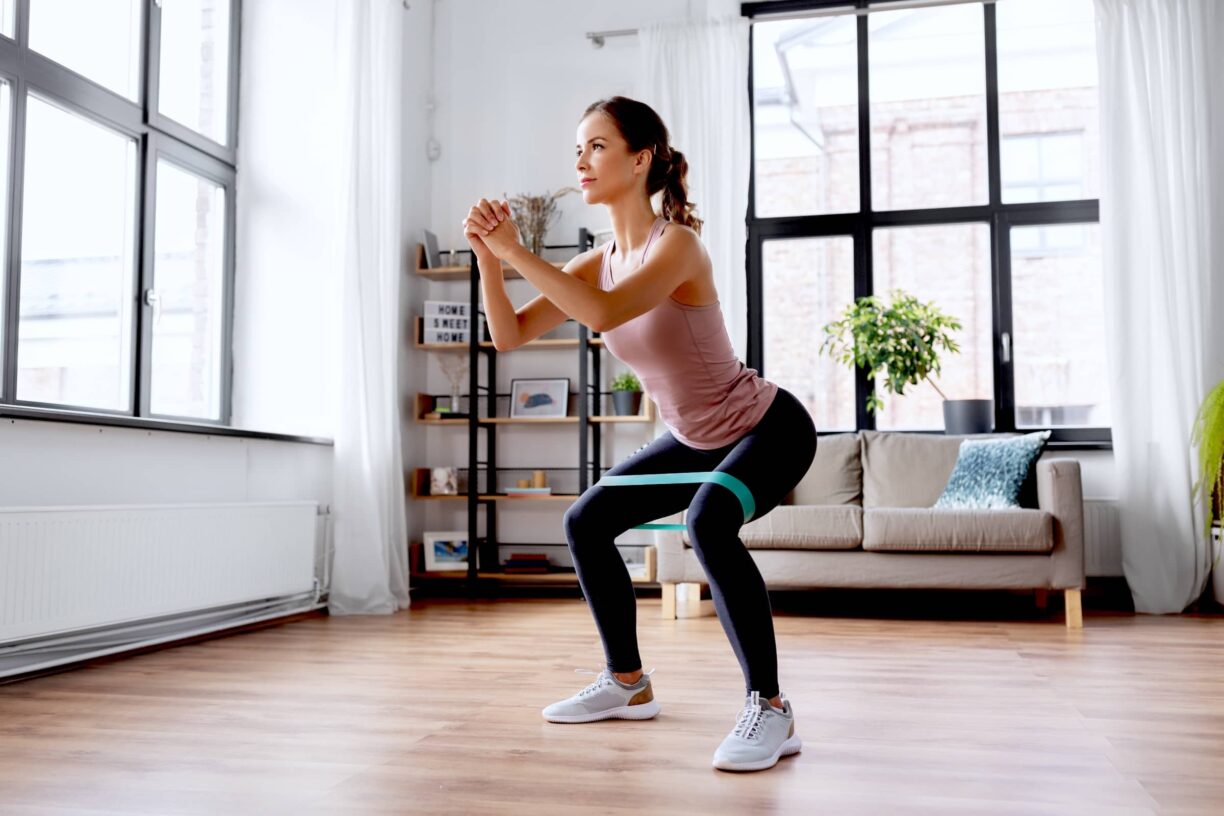When it comes to improving your health, starting a regular workout routine might just be the closest thing to a magic bullet.
Sure, that sounds like a no-brainer, but the science behind it is downright fascinating. Whether you’re stepping into the gym for the first time or you’ve been a fitness junkie for years, there’s always more to uncover about how consistent exercise benefits both your body and your mind.
So, let’s break it down. We’re diving into three major areas where a regular workout routine can really make a difference: boosting your physical health, sharpening your mental well-being, and building lasting habits.
Plus, we’ve got some practical tips from fitness experts, including nuggets from Andrew Huberman’s daily routine, to help you make it stick.
Physical Health Gains: Building a Strong Foundation
First off, let’s talk about the obvious—your body. You’ve probably heard a million times that exercise is good for you, but let’s look at why.
Regular workouts help build muscle, strengthen bones, keep your heart healthy, and even help manage your weight. Let’s get into the nitty-gritty.
Strengthening Muscles and Bones
Every time you pick up a dumbbell or do a few squats, you’re putting stress on your muscles. This stress actually causes tiny tears in your muscle fibres.
But don’t worry—this is a good thing! When those fibres rebuild, they come back stronger. Over time, this process helps increase muscle mass, which does more than just make you look toned—it revs up your metabolism.
And a faster metabolism means you’re burning more calories even when you’re just binge-watching Netflix.
Your bones get a workout, too. Activities like weight lifting or even brisk walking put pressure on your bones, encouraging bone-forming cells to get to work.
The result? Increased bone density, which can help prevent osteoporosis and keep your skeleton in solid shape as you age.
Boosting Your Heart Health
Now, let’s talk about your heart. Cardio exercises—like running, swimming, or cycling—get your heart pumping, which strengthens your heart muscle over time.
The stronger your heart, the better it is at pushing blood throughout your body. And that’s just the start.
Regular cardio also helps lower bad cholesterol, raise good cholesterol, and keep blood pressure and blood sugar levels in check. Plus, there’s the mood boost.
Cardio triggers the release of endorphins—your body’s own version of feel-good juice. So, next time you’re feeling low, a quick jog or swim might do more for you than scrolling through social media ever could.
Mental Well-Being: The Underrated Benefit

Sure, everyone knows exercise is good for the body, but we often forget about how powerful it is for the mind. It’s like the secret weapon for your mental health.
Kicking Stress to the Curb and Boosting Mood
Ever had one of those days where everything goes wrong, and then somehow a walk around the block makes it all feel a bit more manageable?
There’s a reason for that. Exercise triggers the release of chemicals in your brain that reduce stress and make you feel happier.
Regular movers and shakers tend to have lower levels of anxiety and depression, and they also sleep better and feel better about themselves. Even just five minutes of physical activity can help take the edge off when anxiety hits.
Keeping Your Brain Sharp
There’s also some pretty cool science showing that exercise makes you smarter—or at least helps keep your brain in tip-top shape.
Physical activity increases blood flow to the brain, which helps grow new brain cells. This is called neurogenesis, and it’s as good for your brain as it sounds.
In fact, people who exercise regularly tend to have larger brain areas associated with memory and decision-making.
So, it’s no wonder why so many successful folks make exercise a non-negotiable part of their day.
Creating Sustainable Habits: The Real Game Changer
Okay, so you know that exercise is good for you—no news there. But how do you make it a regular part of your life without feeling like you’re constantly forcing yourself to do it?
Start Small and Keep It Real
One mistake people often make is going all in right from the get-go. If you’re new to this or getting back on the horse after a break, take it easy.
Start with short workouts that you can handle and gradually build up the time and intensity. Think of it like building a muscle—you don’t get a six-pack overnight! Setting realistic goals will keep you motivated and reduce the risk of burning out or getting injured.
Sneak Workouts into Your Day
Look for moments in your day where you can fit in some movement without it feeling like a big deal.
Huberman’s daily routine is a great example: he breaks up his exercise into smaller chunks throughout the day.
Morning yoga, a lunchtime walk, or an evening bike ride—this approach makes it easier to stick to a routine.
Another great strategy is “habit stacking.” Pair a new habit (like exercise) with something you already do every day.
For instance, if you have a coffee routine in the morning, add a 10-minute stretch right after your first cup.
Find What Makes You Smile
Here’s the secret: you’ve got to enjoy it. If you hate running, don’t run! Try different activities until you find one that you genuinely look forward to.
Mix things up—maybe it’s a dance class one day and a hike the next. Keep it fun, and it won’t feel like a chore.
Don’t forget the social side, either. Find a workout buddy or join a class. Exercising with others can turn a solitary task into a social event, making it way more enjoyable.
The Bottom Line
Regular exercise can work wonders for both your body and your mind. It makes your muscles and bones stronger, keeps your heart healthy, and boosts your mental well-being. Plus, it’s a great stress reliever, mood booster, and brain sharpener—all things that make for a happier, healthier life.
The key is making it a lasting habit. Start small, find ways to integrate workouts into your day, and most importantly, do what you love.
As you build these habits, you’re setting yourself up for a healthier, stronger, and more fulfilling life.






